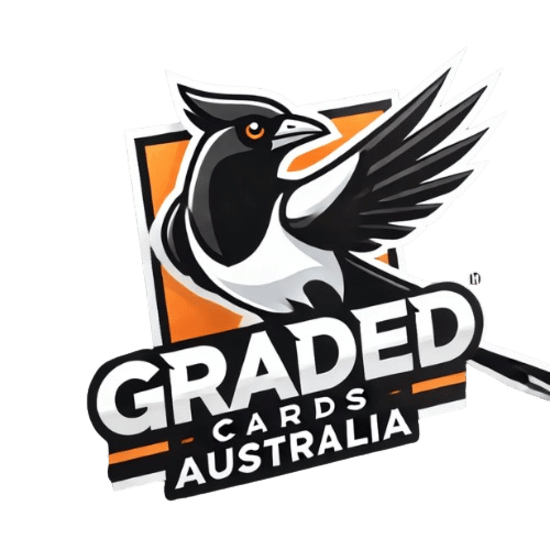When it comes to grading sports and trading cards, investors and collectors often find themselves choosing between two prominent services: SGC (Sportscard Guaranty Corporation) and PSA (Professional Sports Authenticator). While both offer reliable grading services, there are key differences in accuracy, resale value, turnaround times, and market reputation that can influence your decision. Let’s break down how SGC and PSA stack up for investors seeking the best return on investment.
Grading Accuracy and Consistency
Accuracy is the cornerstone of any grading service, and both SGC and PSA have established reputations in this regard:
-
SGC is widely praised for its consistent and stringent grading standards. Many collectors believe that an SGC 10 grade is comparable to a PSA 10, reflecting their high level of scrutiny.
-
PSA has faced criticism for inconsistencies in grading. Some collectors report discrepancies when resubmitting the same card to PSA, raising concerns about grading reliability.
If consistency and reliability are priorities, SGC’s reputation makes it a compelling choice.
Resale Value
For investors, resale value is a critical factor:
-
PSA-graded cards generally command higher resale prices, thanks to PSA’s market dominance and strong brand recognition. This demand often leads to premium prices for PSA slabs.
-
SGC-graded cards, while improving in resale value—especially for vintage cards—still typically sell for less than their PSA counterparts. This lower market demand can impact profit margins for investors.
If maximizing resale value is your primary goal, PSA may be the better option despite higher fees.
Turnaround Times and Fees
The speed and cost of grading services can significantly influence your investment strategy:
-
SGC is known for faster turnaround times, often processing submissions within 5-10 days. Their flat grading fee of $15 per card, without additional upcharges, makes them an affordable option.
-
PSA has experienced delays, with some submissions taking 45-60 days or longer. Their fee structure can also be higher, with potential upcharges based on the card’s declared value.
For investors looking to quickly flip cards or reduce grading costs, SGC’s faster and more transparent pricing is advantageous.
Market Reputation and Demand
A grading service’s reputation plays a significant role in its perceived value:
-
PSA is the industry leader, holding a dominant position in the trading card market. This strong reputation contributes to higher demand and resale values for PSA-graded cards.
-
SGC has carved out a niche, particularly in the vintage card segment, and is gaining traction with modern cards as well. However, SGC still lags behind PSA in overall market recognition and demand.
If you’re targeting vintage cards, SGC’s strong reputation in this area makes them a solid choice. For modern cards, PSA’s market share offers a clear advantage.
Conclusion: Which Grader is Right for You?
The decision between SGC and PSA ultimately comes down to your investment priorities:
-
If maximum resale value and market recognition are your top goals, PSA remains the go-to choice, even if it means higher costs and longer wait times.
-
If you value faster service, lower fees, and consistent grading, SGC provides excellent value, especially for vintage cards.
Both grading services have their strengths, so choosing the right one depends on your specific strategy and the type of cards you’re investing in.



Share and get 15% off!
Simply share this product on one of the following social networks and you will unlock 15% off!